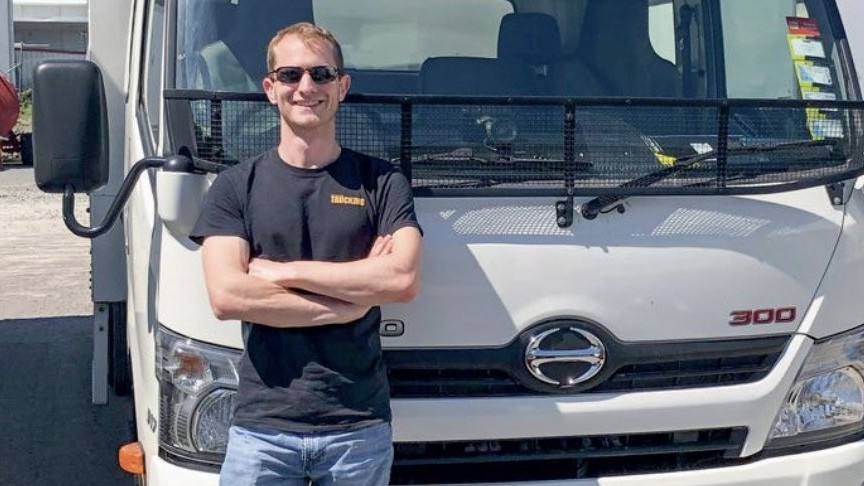
The countdown to Election 2023 is down from months to weeks, five as of tomorrow, but that doesn’t mean things are slowing down. The campaign trail is as ablaze as ever, the news channels are as desperate for your attention, and there’s no shortage of commentary on who’s doing and promising what.
Nor is there an end in sight of the tit-for-tat ‘they promised that, so we’ll promise this’ one-upmanship among the parties. This week, for example, National pledged $257 million to provide 10,000 EV charging stations by 2030, laughing in the face of Labour’s $120 million cited in the Budget earlier this year. It also promised to scrap the clean-car discount and ‘ute’ tax, National’s leader Christopher Luxon commenting, “National does not believe New Zealanders who can afford a brand-new electric car need a subsidy from taxpayers to buy it.”
That may be so, but even he shouldn’t be able to deny the rising demand for EVs and hybrid-electric personal vehicles and the fact that buyers will be more inclined to make the switch the more accessible and attractive it is for them to do so. The scheme needn’t be scrapped, but perhaps reimagined if that will quell National’s irritation with it – and in a way that addresses the needs of those ‘dirty’ ute buyers.
Pushing for a reduction in tailpipe emissions but restricting the buyer’s ability to acquire the vehicles that will allow them to do that makes about as much sense as saying we shouldn’t invest in the road network because it’ll encourage people to drive more. That’s been a standard line of commentary over the past few weeks, as the parties have announced their ‘we’ll fix the roads!’ electioneering promises. I intend to write a full piece exploring the topic and explaining my issues with this logic, but for now, let’s look at it this way…
Yes, there are climate obligations to meet, and we must cut vehicle tailpipe emissions to do so. And yes, we’re far from weaning every vehicle owner off fossil fuels. That is not a unique position among Western nations. Yes, encouraging urban commuters out of their private cars and into other modes of transport makes sense.
What doesn’t make sense is complaining about the promise to invest heavily in the country’s national roading infrastructure. As we’ve discussed ad nauseam, doing so is critical to the country’s resilience and freight efficiency – our very way of being able to live the modern lives we do. Not only that, but it makes long-distance journeys safer and will lead to improved efficiency from both EVs – yes! – and those lingering ICE vehicles. Anyone who knows anything about vehicles will tell you that a straight run at a constant speed reduces fuel consumption and the time it takes to complete the journey, resulting in reduced emissions. It also reduces driver fatigue. Add extra lanes so faster vehicles can easily pass those driving at slower speeds, and you remove the possibility of frustration, resentment and dangerous decisions made when patience runs out. Include proper barriers and central medians to decrease the chance of serious accidents further, and safety is well and truly addressed. Those seeking proof of this paragraph should drive Auckland to Warkworth on the ‘old’ road and then return on the new motorway.
I think we need to decide what we all want, what the non-negotiables are and what we’re willing to sacrifice to achieve it. What’s abundantly clear, though, is that the more political parties promise the world, the more everyone may be disappointed with what they deliver.
Take care out there,
Gavin Myers
Editor
Read more
Be self-righteous
0 Comments5 Minutes
For the kids
1 Comment7 Minutes
For the good of … who?
1 Comment4 Minutes
Keeping it real
0 Comments3 Minutes



